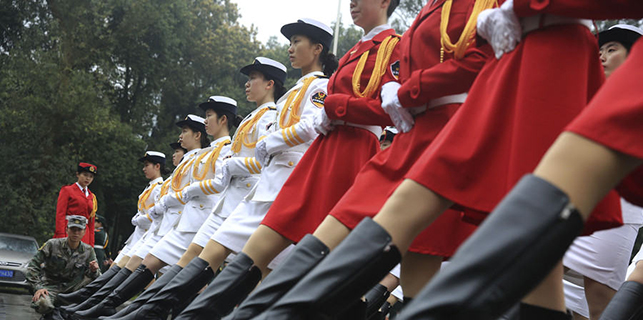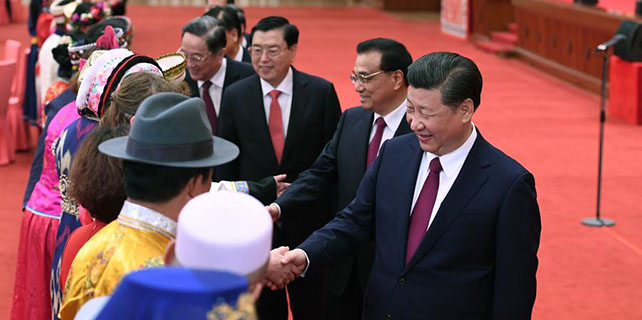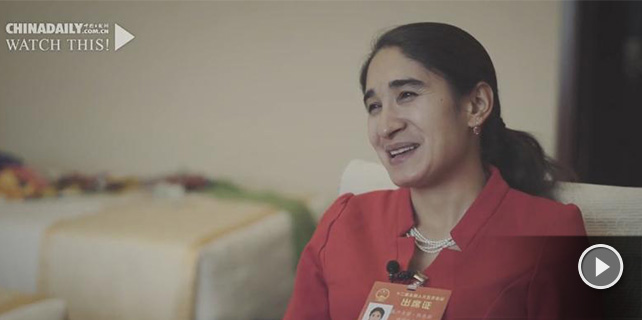China central bank restarts reverse repo operations after two-day halt
BEIJING - China's central bank Monday restarted the use of an open market operation tool that injects cash into the banking system.
The People's Bank of China conducted 30 billion yuan ($4.35 billion) of reverse repos, a process where the central bank purchases securities from banks through bidding with an agreement to sell them back in the future.
The operations included seven-day reverse repo priced to yield 2.35 percent, 14-day contracts with a yield of 2.5 percent, and 28-day agreements with a yield of 2.65 percent, all unchanged from the previous operations, according to a central bank statement.
The move led to a net cash withdrawal of 50 billion yuan as maturing reverse repos drained 80 billion yuan from the market, marking the 13th consecutive trading day of net withdrawals.
In Monday's interbank market, the overnight Shanghai Interbank Offered Rate, which measures the costs by which banks lend to one another, fell 2.29 basis points to 2.379 percent. However, the rate for one-month loans rose 0.73 basis points to 4.1226 percent, the highest level in nearly two years.
The central bank suspended reverse repo operations Thursday, the first time since it restarted the operation on Feb 13, and again on Friday. It said the suspensions were aimed at keeping liquidity in the banking system stable in light of multiple liquidity-boosting factors in the short term.
According to the government work report delivered at the annual parliamentary session, China will pursue a prudent and neutral monetary policy in 2017, with the M2 money supply to grow by around 12 percent, one percentage point lower than the 2016 target. In 2016, the M2 money supply increased by 11.3 percent.









